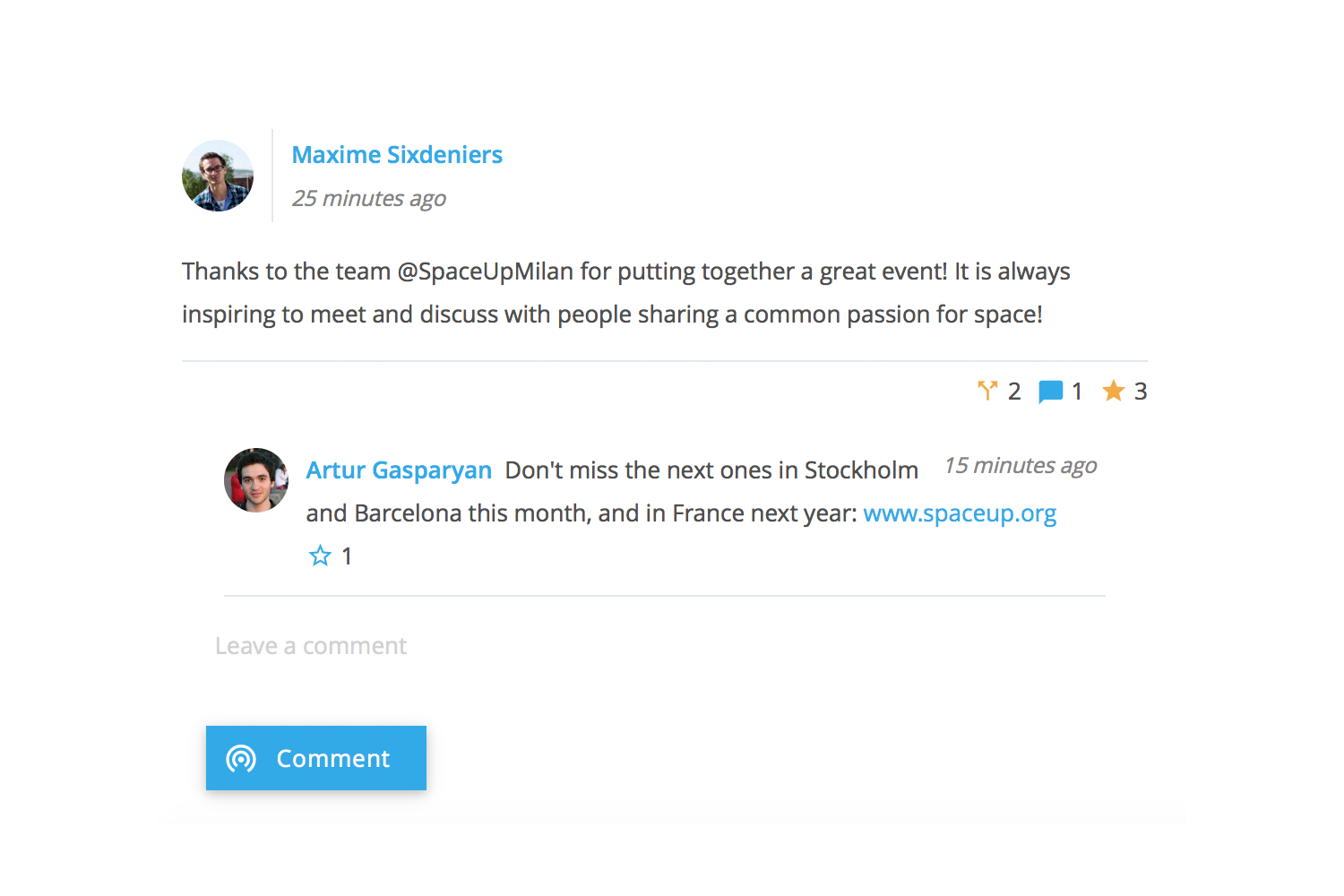
As humanity explores beyond our Earth we will need new systems to adapt to our life in space. We envisage colonies on the Moon and Mars and will need to plan new structures and what such buildings may look like. We may wish to easily transform satellites to respond to changes and build new structures in space that can easily adapt on command.
Spaceoneers spoke with Pavlina Vardoulaki, who together with her team at the Design Research Laboratory at the Architectural Association School of Architecture in London developed a self-assembly system that allows cubes to be reconstructed on demand. These “Hypercells” are dynamic and can respond to changes in their environment. Every cell can make its own decisions and has the ability to climb, roll and change its shape. A number of cells can come together without pre-defined instructions to form larger structures.
How did you come up with the idea of the Hypercell?
Hypercell is a self-assembly system developed at the Architectural Association Design Research Laboratory, founded by Patrick Schumacher and directed by Theodore Spyropoulos. Hypercell is part of the Theodore Spyropoulos Studio and was developed as a team project by Pavlina Vardoulaki, Ahmed Shokir, Coskus Cinkilik and Houzhe Xu. Architecture today is usually developed as static objects, while the world is very dynamic. We were interested in developing a system that can respond to changes through self-awareness, mobility, softness and re-configurability. A time based system that has no final form, but rather in continuous formation.
Read the rest on Spaceoneers.









